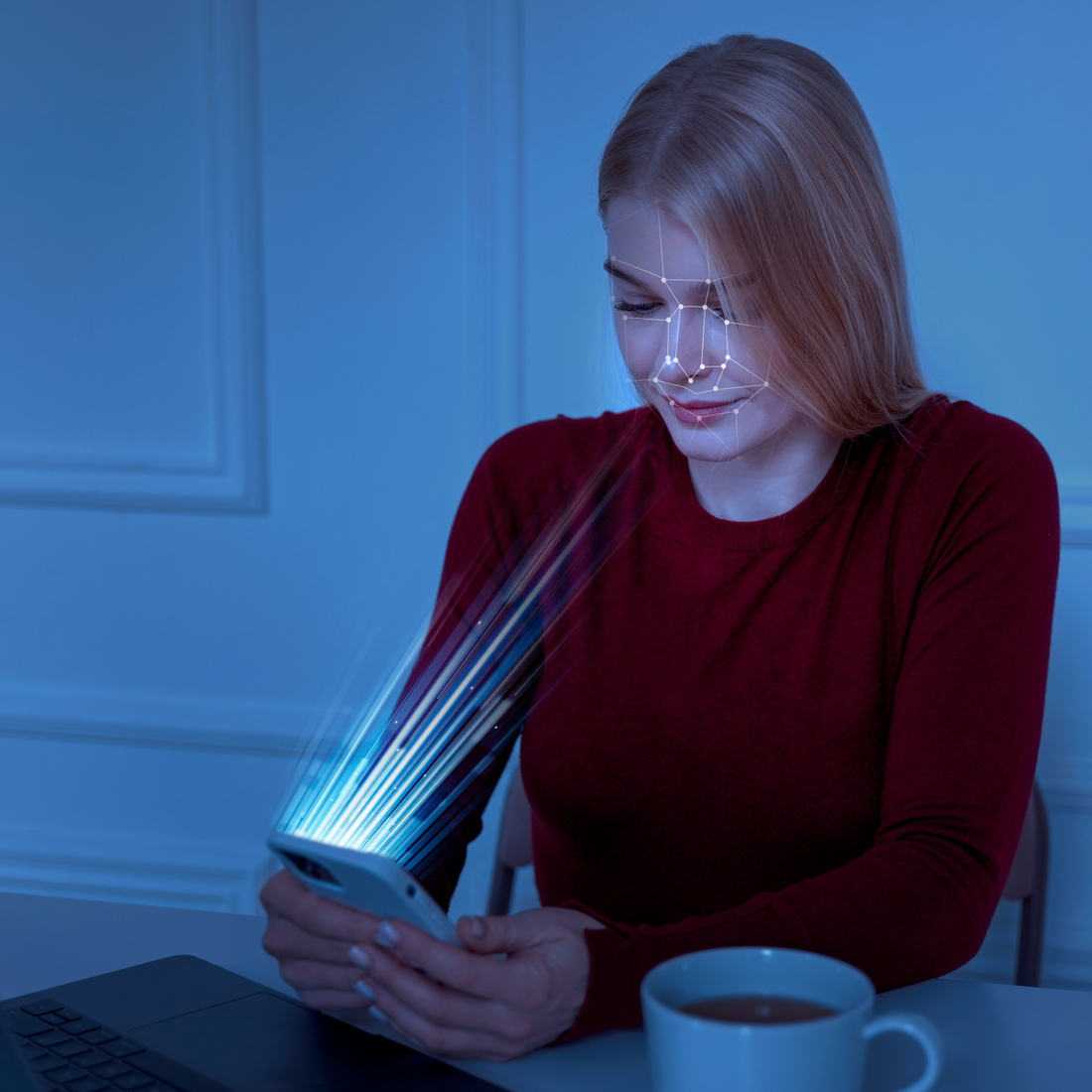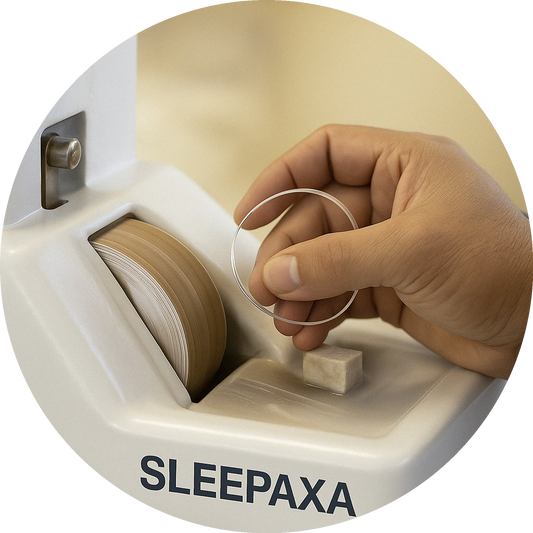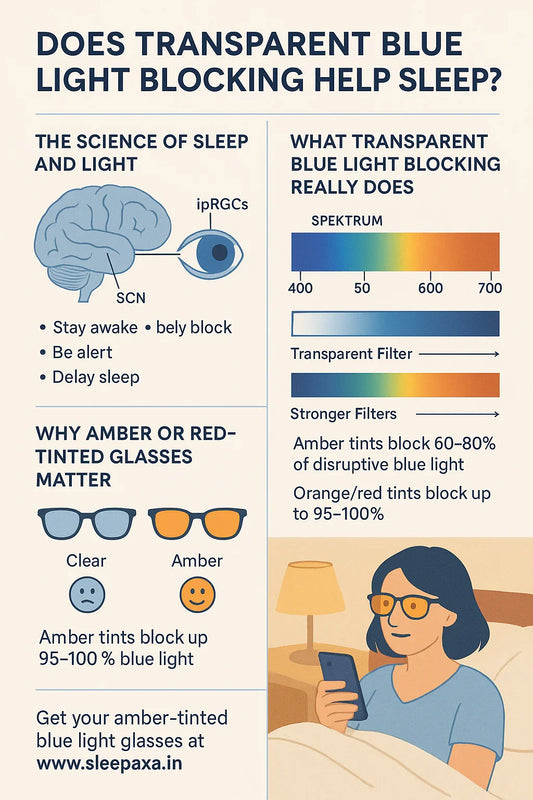
Unmasking the Effects of Blue Light on Sleep
Blue Light's Sleep Disruption: Unveiling the Science
In our tech-driven world, blue light, emitted by electronic devices and artificial lighting, has taken center stage. While it keeps us connected and engaged, it can also wreak havoc on our sleep patterns and sleep quality by interfering with our body's circadian rhythm. Let's delve into the science behind this phenomenon:
1. Circadian Rhythm Disruption: The body's circadian rhythm, our internal sleep-wake clock, relies heavily on environmental cues, especially light. Blue light, characterized by its short wavelength and high energy, effectively stimulates photoreceptors in our eyes, signaling our brain to stay awake and alert. Exposure to blue light in the evening or at night can befuddle this delicate rhythm, making the task of falling asleep much more challenging.
2. Melatonin Suppression: Enter melatonin, the sleep-regulating hormone. Blue light, particularly emanating from screens like smartphones, tablets, and computers, plays the role of melatonin's antagonist. Its prolonged exposure before bedtime suppresses melatonin production. Consequently, our bodies produce less of this crucial hormone, making the initiation and maintenance of sleep an uphill battle.
3. Delayed Sleep Onset: A dual effect emerges from the suppression of melatonin and the activation of wakefulness-related brain areas due to blue light exposure. The result? Delayed sleep onset—meaning it takes longer to drift into slumber once you're cozied up in bed.
4. Reduced REM Sleep: Even if you successfully conquer the challenge of falling asleep, the presence of blue light during the night can diminish the quantity of rapid eye movement (REM) sleep you experience. REM sleep holds the keys to memory consolidation, learning, and overall sleep quality. An interference in REM sleep leaves you waking up feeling groggy and less rejuvenated.
5. Sleep Fragmentation: As if these disruptions weren't enough, blue light exposure can lead to sleep fragmentation. This entails brief, unconscious awakenings during the night, depriving you of truly restorative sleep. The consequence? Daytime sleepiness can affect your productivity and mood.
In essence, understanding the intricate dance between blue light, sleep cycles, and the circadian rhythm is crucial in this digital age. As we navigate the luminous landscape of screens, it's paramount to be aware of the potential impacts and take steps to safeguard our sleep quality and overall well-being.













